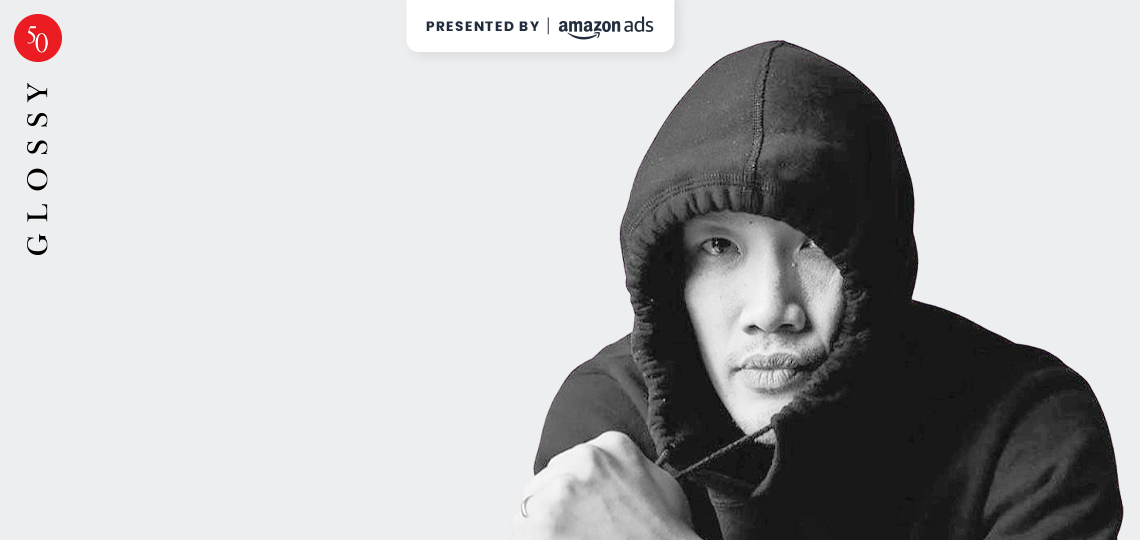Though Dao-Yi Chow is best known as half of the team behind fashion label Public School, in 2021, he dedicated much of his time and energy to the Stop Asian Hate movement. Glossy spoke with Chow about the connection between fashion and activism, and the obligation to speak up in the face of injustice.
How do you view the connection between fashion and activism?
“My activism, if you could call it that, really stemmed from the work that Max [Osborne] and I were doing with Public School. There’s always been a social consciousness to the work that we’ve created, whether it’s through our shows or through our collections or through the different collaborations and activations that we’ve done. The idea of social consciousness has always been ingrained in the work that I do — 2021 just offered more opportunity, in some ways unfortunately — to do it in a meaningful, intimate way that actually lived outside of what I was doing from fashion and design.”
As you look back on the year, what are your proudest accomplishments?
“With everything I do, I try to combine all the different communities I’m involved in, whether that’s fashion and design or running, which is a big part of my life. 2021 was really about bringing all those worlds together. And as we saw the rise in hate crimes against Asian Americans and Asians all over the world, the idea was to really get active — not just in those separate, siloed worlds, but to try and bring it all together. The thinking was: How can we take all these little things that are happening, put them together and get really visible? My friends [Running To Protest founders Coffey and Power Malu] had been hosting these monthly protest runs. Every month, they would highlight an issue, and we would rally the running community together. In the fashion space, Phillip Lim and Prabal Gurung were also really active. I brought all those guys together for us to brainstorm and figure out how we could connect those two communities together in one protest.
The proudest moment was the Black and Asian solidarity runs and protests we had. Over 2,000 people came out, and we sort of took over the streets. We rallied in Union Square Park and had some really important figures in both communities speak. That was the proudest moment, not just for myself, but also for New York and those big communities that came together.”
Do you believe that the fashion community has a role to play in activism?
“There are more touchpoints in fashion that allow it to be more visible. When you think about fashion, in general, one of our jobs is to be more visible or to help the wearer be more visible, or to stand out and be unique. The nature of fashion is always to be on the cutting edge of what’s happening next. And the intersectionality of current events and pop culture falls right into what fashion is supposed to bring out and to make visible. That’s why fashion always seems to lead, in terms of bringing out that consciousness, or bringing it out in a way that’s big and full of energy. It makes sense that fashion would be among the ones to lead the charge.”




